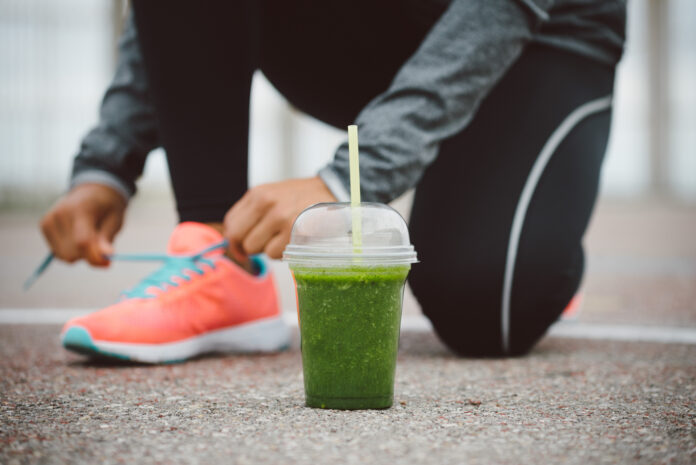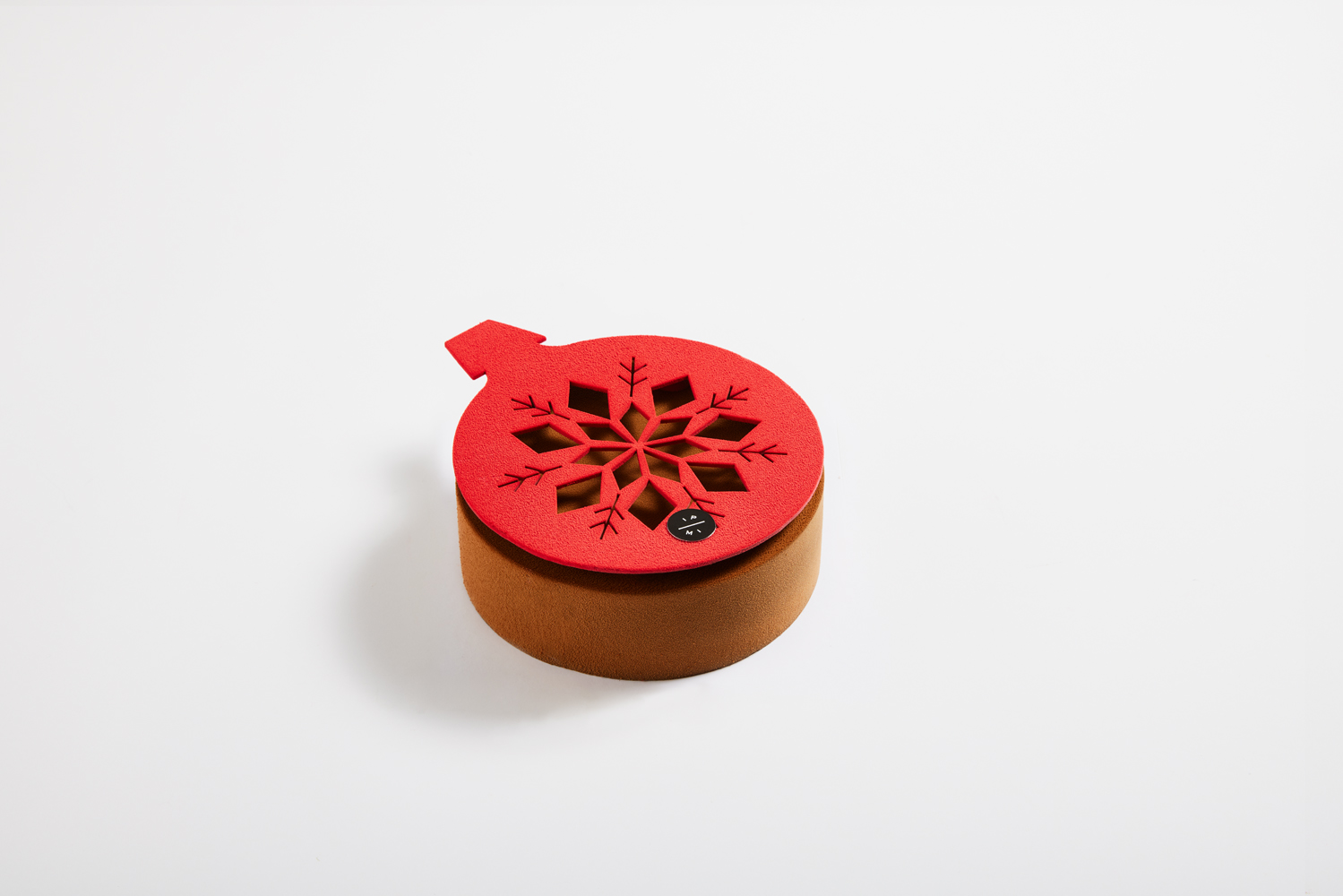Liz Cassidy advises on how to make sure your diet can help maximize your fitness goals.
Summer is upon us. You’re more energetic, more outdoorsy and notice exactly how well your exercise routine has served you, apparent in those muscles or lack thereof. Applying rules of thumb on food and fluid around your sports regimen can take your fitness one step farther.
Power up and nourish
Nutrition is pivotal in supporting your training and its positive effects, whether that’s for a park run or for an elite competition like a cycle tour. All sports, be it running, strength training, gymnastics or football, benefit from good food and fluid choices. It’s about optimizing your energy levels, the key to effective training and to speedy recovery.
“Nutrition is pivotal in supporting your training and its positive effects”
Protein is much discussed in sport. Don’t get too caught up in that until you’ve got the basics about carbohydrates firmly under your belt. Carbs are fuel, easily transformed into your own cellular gasoline, “ATP” (Adenosine Triphosphate).
Fuel up with carbs
Hoping a low-carb diet will maximize the training effect, boosting your speed and power? Think again. Energy you can tap into easily when exercising is what’s needed to avoid early fatigue. Here are three questions to help optimize your carb fuelling for energy availability. What? When? And how much?
“Energy you can tap into easily when exercising is what’s needed to avoid early fatigue”
First, the what. That’s starchy food like rice, potatoes, macaroni, or sweet foods like bananas, muffins and smoothies. If you’re eating carbs at lunchtime, but you train late afternoon, it’s always better metabolically to choose unrefined options like wholegrain bread, due to a better vitamin and mineral profile and a metered absorption. This supports balanced blood glucose while still stocking up fuel for later. We tend to absorb many, especially sweeter options such as fruit juice, faster.
Turning to the question of ‘when’, such sweet foods eaten just prior to exercise help top up your blood glucose and so avoid drawing immediately on your muscles’ energy stores, or “glycogen”. That’s for later as your workout starts to extend past an hour. In short, the wise choices are wholegrains and complex carbs in your regular meals, but sports drinks, gels or juices for the hour pre-workout. Sugary drinks or sports bars during training beyond the hour help maintain your tempo and focus. Aim to sip 600-800ml of isotonic sports drink or squash hourly, and a little more in hot weather.
Get back to where you want to be
To return to play or the gym with a spring in your step the next day, start refueling with carbs within 45 minutes of any session. During this “metabolic window”, you could tuck into a large bowl of cereal with milk or a couple of handfuls of dried fruits, giving you 50g of carbs. Fluid too is needed in recovery. 500ml of fruit juice or chocolate milk will help you start replacing sweat-losses for the average session, topped off with some nice cool water. The choco-milk is not only delicious. Its protein-carb ratio helps accelerate re-stocking of muscle glycogen.
How much carbohydrate to consume overall, you might ask? Not especially active? A ballpark 50-55% of your daily calories is often suggested. But as activity rises, you’ll need more to adapt to your exertion and get all the fitness benefits. 70kg and hitting the tarmac or pumping the iron 2-3 hours a day? You may need 700g a day (that’s 2,800 kcal in carbs alone). In a nutshell, to avoid fatigue and poor training adaptation, adjust your intake to exercise frequency and intensity.
Time to talk protein
Now you’ve got the carbs sussed, what about protein? There’s so much written about it in sport, you likely haven’t missed its importance in maintaining and repairing your muscles. Two things interact to stimulate muscle protein synthesis: exercise, particularly strength-oriented, and amino acids (protein’s building blocks). In adequate supply, say from low-fat dairy, meat, beans, tofu, fish, whey powder and to some extent grains, amino acids, especially leucine, isoleucine and valine, compensate for the breakdown of muscle protein when you exercise. They help muscle remodelling to develop strength and performance.
“Two things interact to stimulate muscle protein synthesis: exercise, particularly strength-oriented, and amino acids”
The more protein, the better for muscle development? Too simplistic. High protein and not enough carbs? Excess protein may be used ultimately for energy and not muscle protein synthesis, some of which may just end up as stored fat. Protein is less efficiently transformed to ATP than carbs, so you may feel fatigued in training. But, indeed, for the average 70kg strength and resistance athlete, research does suggest a daily average of 102g of protein (equivalent to 3.3 chicken breast servings) compared to 91g for their runner counterpart. That’s still 50% more than if they switched from the track to computer gaming all day.
The long and the short of it is that your protein needs do change with activity or intensity level but only up to a ceiling. Moreover, it’s worth bearing in mind that protein over-consumption may have risks for your kidneys. Better therefore to include a moderate amount across your meals and snacks, choosing varied sources, both animal and plant-based. There’s evidence too of better recovery and reduced muscle soreness when you add a little, say a scoop of protein powder, to your after-training carbs.
Fat-free good? Full-fat bad?
What about the thorny issue of fat? To avoid at all costs? No, even if you’re the leanest athlete on the planet, you still need fat for good health. Lower fat intake is useful for the sporty aiming for the sleek physique. But additionally, excess fat intake may make for sluggishness if it displaces carbs, our super fuel. Fat takes longer to metabolise, so while the fat proportion really helps those seeking the extra buck at the end of an ultra-marathon, it’s best for most exercisers to limit fat intake to enable maximum carb intake. Reducing fat below the 35% max advised for the population can benefit sports goals. Aim for no less than 20% of your daily calories. Why? We need fat to absorb and store key fat soluble vitamins, such as A, D, E and many other plant nutrients. Their different functions may include helping hormone synthesis or, as antioxidants, scavenging free radicals for damage-prevention. Focus your moderate fat intake on the healthier, mono-unsaturated or poly-unsaturated options found in olive oil, nuts and seeds, avocado and oily fish like mackerel. Lower-fat dairy or fat-trimmed meat will help you be heart and cholesterol savvy, and stick within the 10% max guideline for saturated fat-derived energy.
Supplements and the hype
Lastly, the hype on sports supplements abound. Generally, a balanced diet should provide you with adequate nutrients and energy for sport. There’s some evidence for performance-enhancing (ergogenic) effects of several substances, such as beetroot juice, caffeine and creatine. Not across the board though.
“Beetroot juice may best serve the endurance athlete and creatine the strength-focused”
Beetroot juice may best serve the endurance athlete and creatine the strength-focused. Whether you’re a novice or elite athlete counts too. Scientific bodies recognise safe aids, including sports drinks, gels and bars, vitamin D, multivitamins, electrolytes and more. The dosage and your personal characteristics still count. So get advice from a sports nutritionist before you buy to tune that great summer programme to your individuality and sports goals.
Liz Cassidy is a UK registered Sport and Exercise Nutritionist and a registered Nutritional Therapist. Contact: info@emeraldaspire.com. Website: www.emeraldaspire.com

















